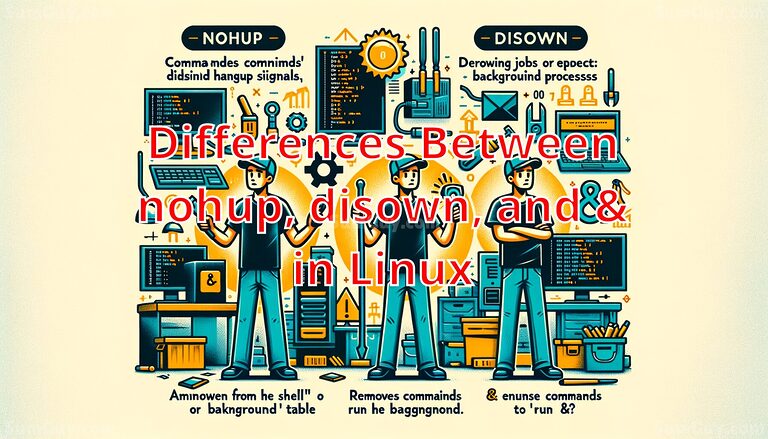
Similar Posts

Ed25519 ssh keys
What are Ed25519 ssh keys? Ed25519 SSH keys are a type of public-key cryptography used for secure communication over a network. They are based on the Ed25519 elliptic curve algorithm, which is a variant of the elliptic curve algorithm used for digital signatures. The Ed25519 algorithm was designed to be faster and more secure than…

SumGuy’s Guide to Linux Log Analysis
Linux log files hold a wealth of information on system health, security, and performance. This guide demystifies log analysis, explaining where to find essential logs and how to use tools like ‘grep’ and ‘awk’ to pinpoint problems. Discover practical examples for spotting errors, investigating security concerns, and monitoring system behavior. Mastering log analysis transforms these data-rich files into an invaluable toolkit for any Linux administrator.

Understanding printf vs echo in Bash
In Bash scripting, `echo` and `printf` are fundamental for displaying text, each suited to different scenarios. `Echo` is ideal for simple messages due to its ease of use, while `printf` offers extensive control over formatting, making it better for complex outputs. Choosing between them depends on the output’s complexity and formatting needs.

Differences Between nohup, disown, and & in Linux
This article explores the differences and similarities between `nohup`, `disown`, and the `&` operator in Linux, essential tools for managing background processes. `nohup` runs commands that ignore hangup signals, `disown` removes jobs from the shell’s job table, and `&` places commands in the background. Understanding these commands enhances process management efficiency, ensuring tasks continue running smoothly even after logging out, making them invaluable for system administrators managing long-running or continuous processes on Linux systems.

Optimizing Ansible for Faster Playbook Execution
Optimizing Ansicle playbooks is essential for managing larger IT environments efficiently. Strategies include adjusting the `forks` configuration to balance resource use, utilizing asynchronous tasks with polling intervals to free up resources, and selectively gathering necessary facts to reduce overhead. Additionally, using static imports over dynamic ones can boost performance, and implementing caching can prevent unnecessary data gathering. Profiling playbooks helps identify bottlenecks, enabling targeted optimizations. These adjustments improve execution times and streamline automation processes without sacrificing functionality.

